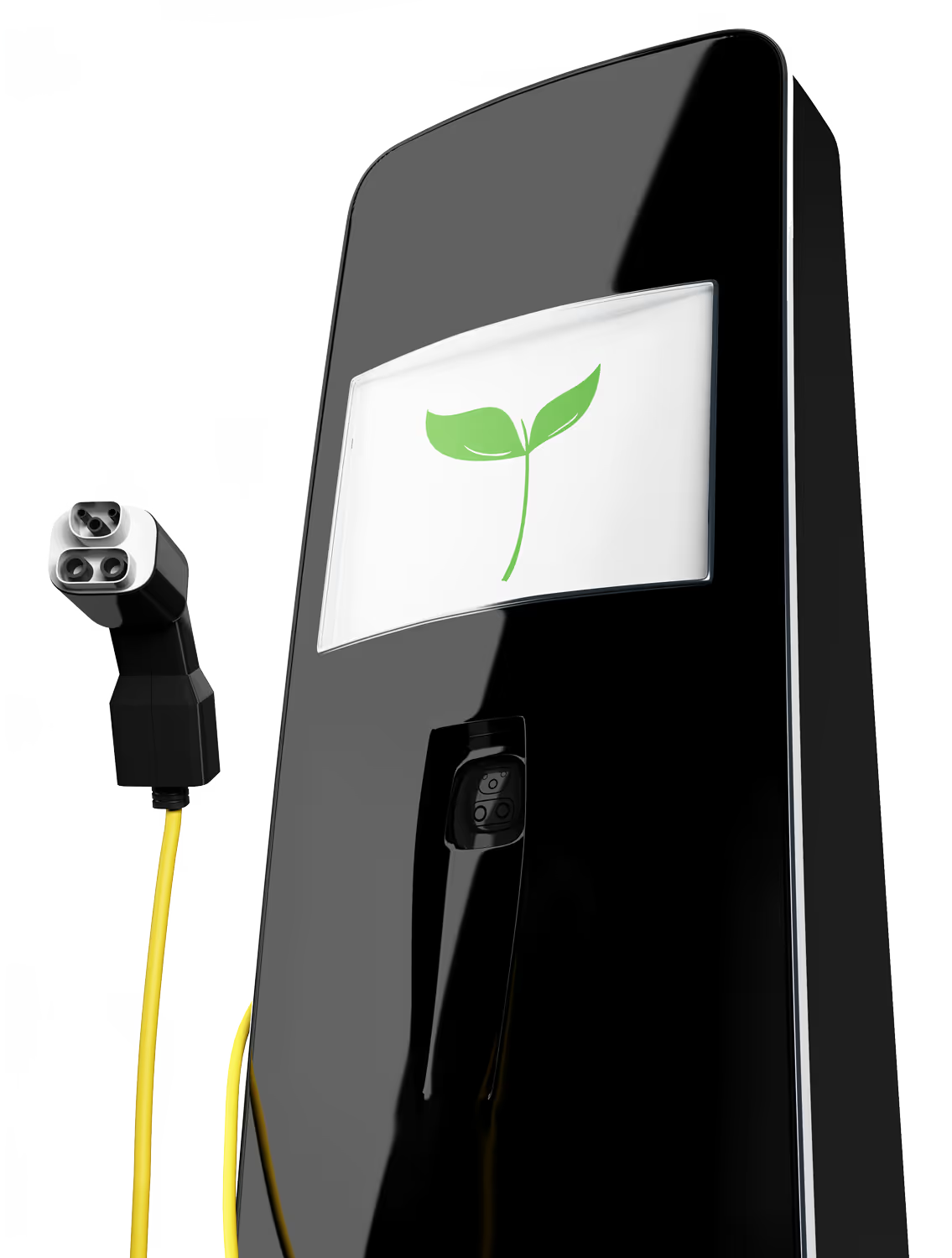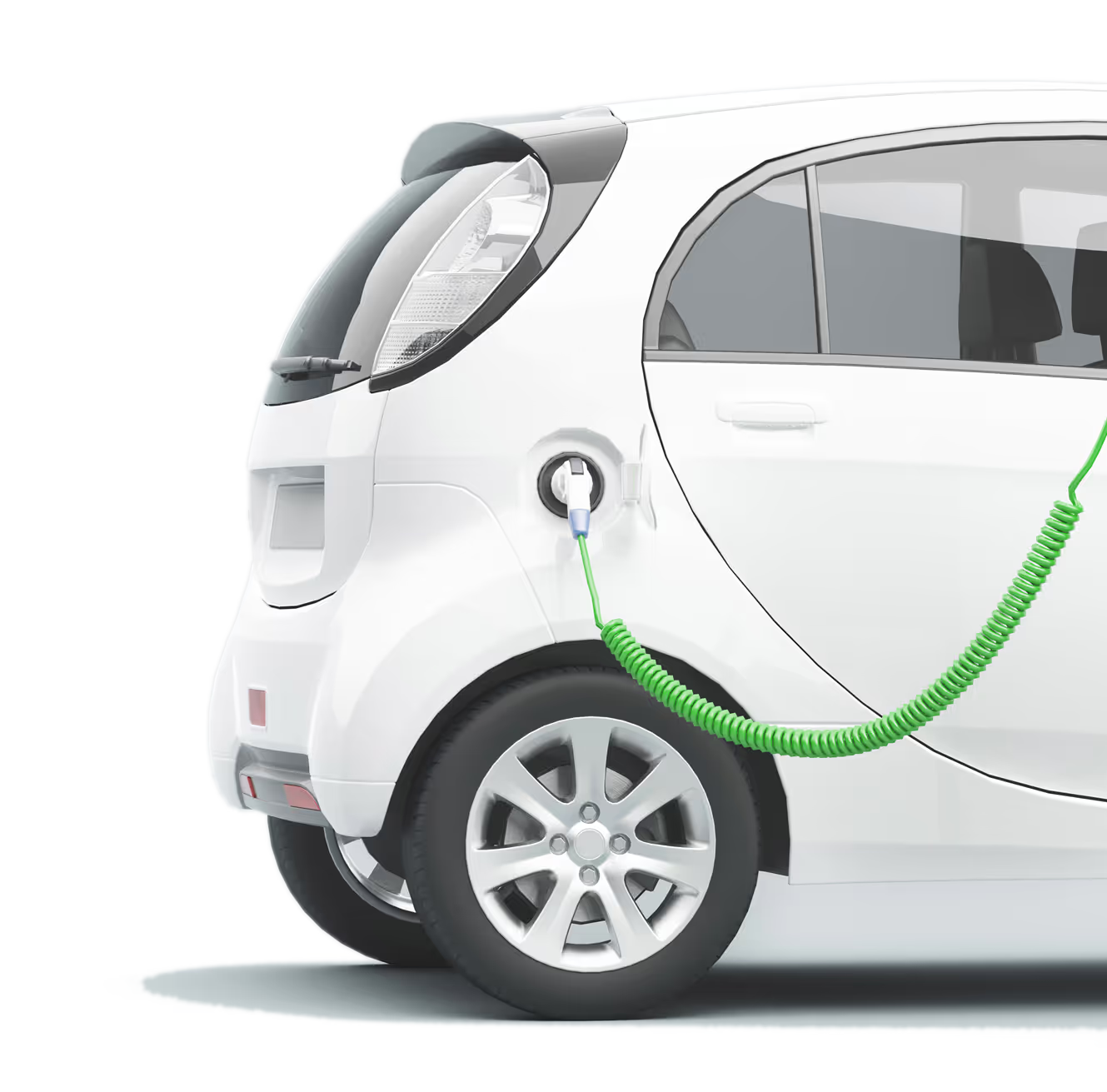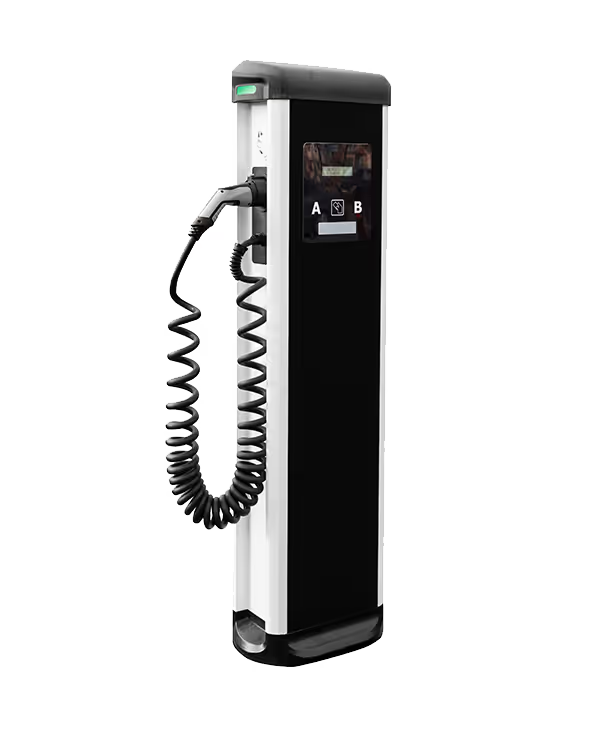Nothing will grow the EV charging network faster and more efficiently than private investment.
Americans for Affordable Clean Energy (AACE) supports building an affordable EV charging network that America needs but there are several barriers that prevent it from developing.
In order for the EV charging network to develop in a self-sustaining and consumer centric way, barriers to investment must be removed. Specifically, non-utilities must be able to make electricity available to the public for EV charging by the kilowatt hour (kWh) without being regulated as a public utility, know they will not be competing with utility companies that have overwhelming advantages, and see the establishment of a fair and transparent rate for electricity for EV charging.





